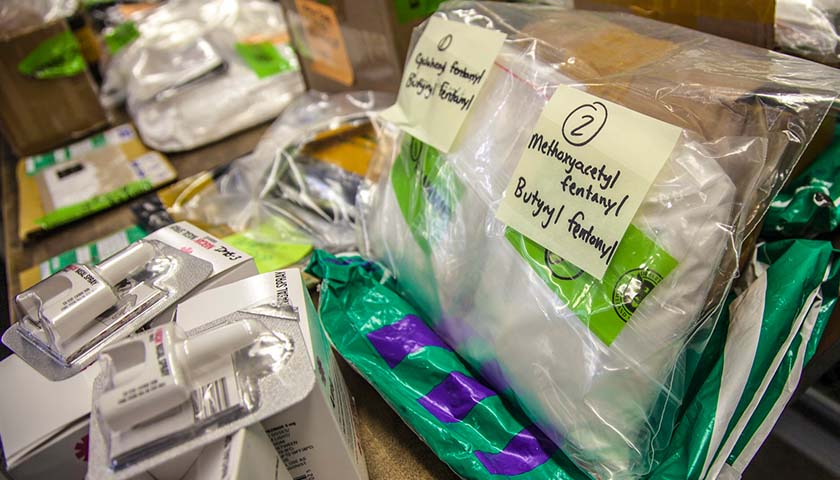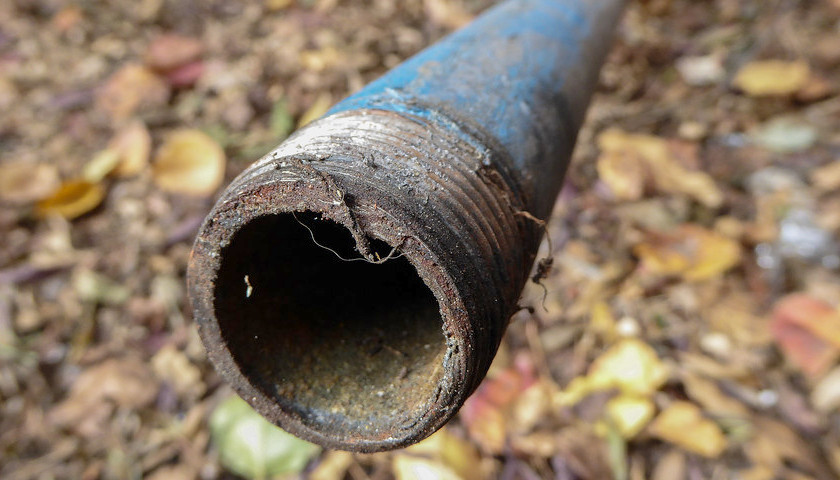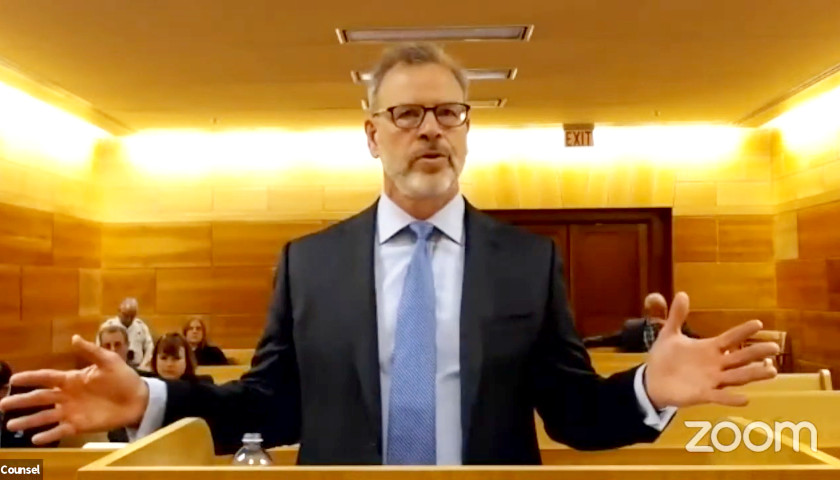Racine County, Wisconsin has begun distributing fentanyl tests to the public in the county’s “continued efforts to battle the opioid epidemic and prevent overdose deaths.”
Officials have discovered a disturbing trend with street narcotics in the community, with Racine County’s Outpatient Clinic Manager Pauline Ortloff expressing in a statement, “Many narcotics are laced with deadly fentanyl, and users have no idea that what they are ingesting may be lethal. Fentanyl is a synthetic opioid that can be 80 to 100 times stronger than morphine. The purpose of fentanyl test strips is to allow the user to test the substance before using it to determine if fentanyl is present.”
“Our ultimate goal is to stop overdose deaths in our community,” added Ortloff. “From 2019 to ’20, overdose rates for Racine County nearly doubled.”
According to Customs and Border Patrol (CBP), 2-3 milligrams of the synthetic opioid is a fatal amount for most people. So far this year, the CBP report seizing over two tons of the deadly substance in the United States – enough for more than 600 million lethal doses.
The misuse of and addiction to opioids – including prescription pain relievers, heroin, and synthetic opioids such as fentanyl – is a serious national crisis that affects public health as well as social and economic welfare, according to the National Institutes of Health (NIH).
Racine County will now include test kits with their free community Narcan training and will also have tests available on a walk-in basis at the Dennis Kornwolf Service Center, located at 1717 Taylor Ave.
There are currently 2,000 fentanyl testing kits available for distribution, and the agency said they will request more if necessary, according to a statement by the County.
In 2019, nearly 50,000 people in the United States died from opioid-involved overdoses, according to the National Institute on Drug Abuse. In Wisconsin, an estimated 78 percent of drug overdose deaths involved opioids in 2018 totaling more than 846, according to the research agency.
For more information about the free test kits or other treatment resources, contact the Opioid Resource Hotline at 262-638-6375.
– – –
Kaitlin Housler is a reporter at The Wisconsin Daily Star and The Star News Network.








